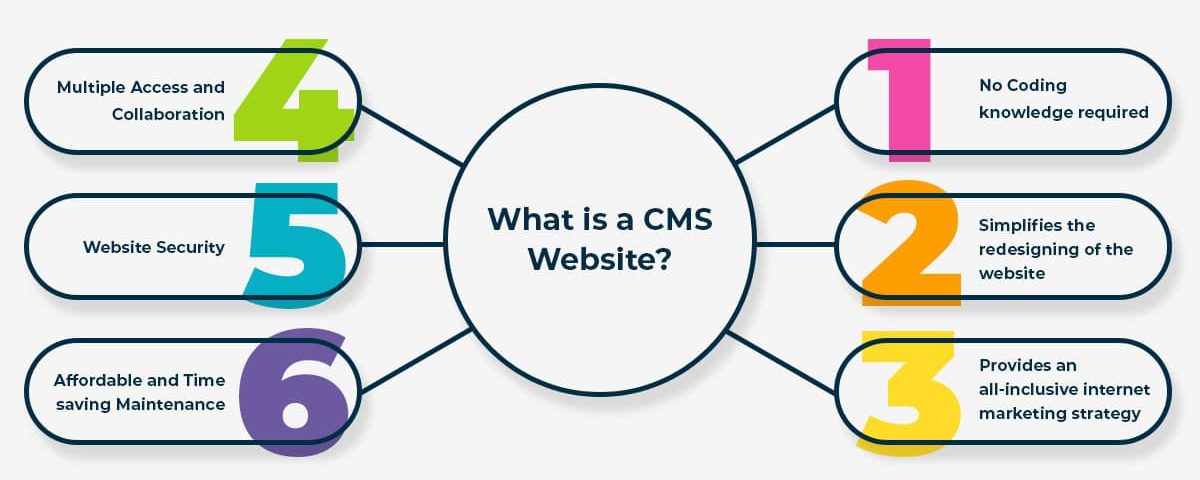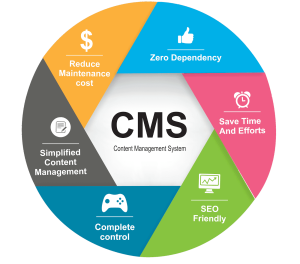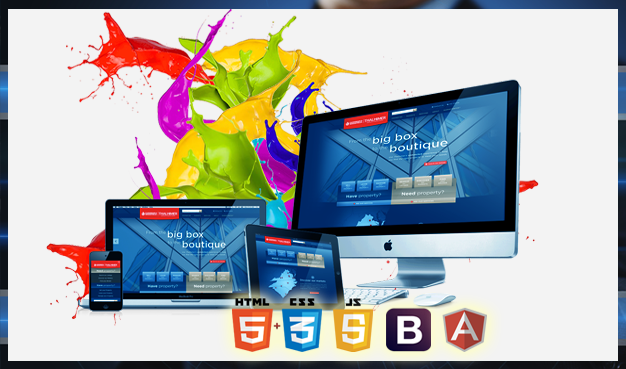- Have any questions?
- (Prasad) +91 96191 46851 | (Parag) +91 99878 20022
- support@pnpwebdesign.com
Demystifying the Relationship Between Websites and CMS

Unveiling the Power of Websites Created with WordPress
February 8, 2024
Unveiling the Role of CMS in Website Development
February 8, 2024Demystifying the Relationship Between Websites and CMS

In today’s digital age, the synergy between websites and Content Management Systems (CMS) plays a pivotal role in shaping the online landscape. From simple blogs to complex e-commerce platforms. The integration of a robust CMS empowers website owners to manage and optimize their digital presence effectively. In this insightful guide, we’ll unravel the intricate relationship between websites and CMS, exploring their significance, functionalities, and the transformative impact they have on the online world.
-
Understanding Websites and CMS:

At its core, a website is a collection of web pages hosted on the internet, accessible to users via a web browser. It serves as a digital storefront, a platform for communication, or an interactive space where individuals and businesses can showcase their products, services, or ideas. On the other hand, a Content Management System (CMS) is a software application that facilitates the creation, editing, and management of digital content on a website. It provides users with intuitive tools and functionalities to organize, publish, and update content without the need for extensive coding knowledge.
-
The Role of CMS in Website Development:
CMS plays a pivotal role in website development by simplifying the content creation process, streamlining workflows, and enhancing collaboration among team members. With its user-friendly interface and customizable templates. CMS empowers users to create dynamic and visually appealing websites. Tailored to their specific needs and preferences. Moreover, CMS facilitates seamless updates and revisions, allowing websites to adapt to changing market trends and user demands with ease.
-
Key Features and Functionalities of CMS:



A robust CMS offers a plethora of features and functionalities designed to optimize the website management process. These include content creation and editing tools, media management capabilities, user access control, search engine optimization (SEO) features, and performance analytics. Additionally, modern CMS platforms often include e-commerce integration, social media sharing options, and mobile responsiveness to enhance the user experience across different devices and platforms.
-
Popular CMS Platforms:
In the ever-expanding landscape of CMS platforms, several options have gained widespread popularity, catering to diverse user needs and preferences. WordPress, Joomla, Drupal, and Magento are among the most widely used CMS platforms. Each offering unique features and functionalities tailored to different types of websites. WordPress, in particular, stands out as the most popular choice for its user-friendly interface, extensive plugin ecosystem, and robust community support.
-
The Evolution of Websites and CMS:
Over the years, websites and CMS have evolved significantly, adapting to technological advancements and changing user demands. Modern websites are now more dynamic, interactive, and visually appealing than ever before. Thanks to the advanced features and functionalities offered by CMS platforms. From static HTML pages to dynamic, data-driven web applications, the evolution of websites and CMS reflects the ongoing quest for innovation and excellence in the digital realm.
-
Harnessing the Power of Websites and CMS:



Whether you’re a small business owner, blogger, or enterprise-level organization, harnessing the power of websites and CMS can elevate your online presence and drive meaningful results. By choosing the right CMS platform, customizing it to suit your specific requirements. Leveraging its features effectively, you can create a dynamic and engaging website that resonates with your target audience. With websites and CMS as your allies, the possibilities for digital success are endless.
Website and CMS Conclusion:
In conclusion, the relationship between websites and Content Management Systems (CMS) is symbiotic. Empowering individuals and businesses to create, manage, and optimize their online presence with ease. By understanding the significance of CMS in website development. Harnessing its key features and functionalities, and staying abreast of the latest trends and technologies. You can unlock new opportunities for growth and success in today’s digital landscape. So, whether you’re embarking on a new website project or seeking to enhance your existing site. Embrace the transformative power of websites and CMS and embark on a journey towards digital excellence.





